make-up vs make up
Related Articles: make-up vs make up
Introduction
With enthusiasm, let’s navigate through the intriguing topic related to make-up vs make up. Let’s weave interesting information and offer fresh perspectives to the readers.
Table of Content
The Art of Expression: Deciphering the Grammar of "Make-Up" vs. "Make Up"
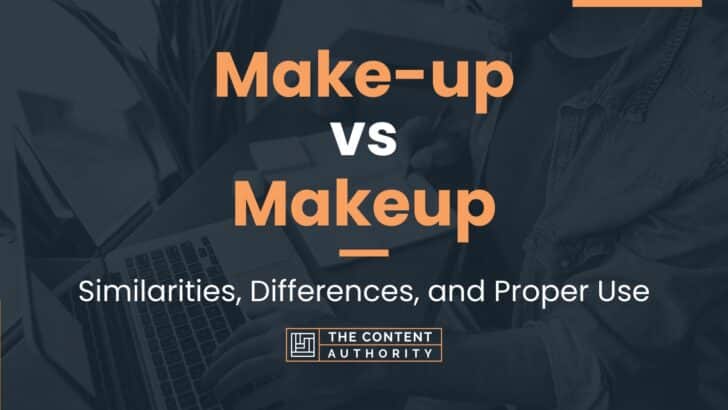
The English language, with its rich history and complex nuances, can sometimes present challenges even to the most seasoned writers. One such challenge arises when considering the correct usage of "make-up" and "make up." While these two words sound similar, their meanings and applications diverge significantly.
Understanding the Distinction
"Make-up" refers to cosmetics, the products used to enhance or alter one’s appearance. It encompasses a wide range of items, from foundation and blush to eyeshadow and lipstick. "Make-up," when used in this context, is always written as two words and functions as a noun.
Conversely, "make up" functions as a verb phrase, indicating the act of creating or composing something. It can be used in various contexts, including:
- To invent or fabricate something: "She made up a story about being sick to avoid school."
- To reconcile or forgive: "After a heated argument, they made up."
- To constitute or form a part of something: "The team is made up of experienced professionals."
The Importance of Accuracy
The distinction between "make-up" and "make up" might seem trivial, but it plays a crucial role in maintaining clarity and precision in written communication. Using the wrong word can lead to misinterpretations and undermine the credibility of your writing.
For instance, imagine a sentence stating, "She applied her make up before going out." This sentence, using "make up" instead of "make-up," implies the act of inventing something, creating an unintended meaning. The correct sentence should read, "She applied her make-up before going out," clearly indicating the application of cosmetics.
Beyond the Basics: Exploring the Nuances
While the primary distinction between "make-up" and "make up" lies in their grammatical function, the usage of "make up" can be further nuanced.
- "Make up for" is a common phrase used to express compensation or atonement. For example, "He tried to make up for his mistake by offering an apology."
- "Make up to" signifies attempting to gain favor or reconciliation. For example, "She tried to make up to her friend after their fight."
FAQs: Navigating the Labyrinth of "Make-Up" vs. "Make Up"
Q: When should I use "make-up"?
A: Use "make-up" when referring to cosmetics or the act of applying them.
Q: When should I use "make up"?
A: Use "make up" when referring to the act of creating, composing, or reconciling.
Q: Is "makeup" ever correct?
A: "Makeup" is generally considered incorrect in formal writing. However, in informal settings, it may be acceptable.
Q: Can "make up" be used as a noun?
A: While "make up" is primarily a verb phrase, it can be used as a noun in certain contexts, such as "The team’s make up is a mix of veterans and rookies."
Tips for Avoiding Errors
- Read your work carefully: Always proofread your writing to ensure you have used the correct word.
- Consult a dictionary: When in doubt, refer to a dictionary to confirm the meaning and usage of the word.
- Pay attention to context: The context of your writing will often provide clues as to which word is appropriate.
Conclusion: Embracing Clarity and Precision
Understanding the difference between "make-up" and "make up" is essential for effective communication. By adhering to the correct usage, writers can ensure their writing is clear, precise, and free from ambiguity. This clarity not only enhances the reader’s understanding but also strengthens the credibility of the writer.
The next time you encounter these words, remember the distinction: "make-up" for cosmetics, and "make up" for creating, composing, or reconciling. By embracing this distinction, you can navigate the complexities of the English language with confidence and precision.
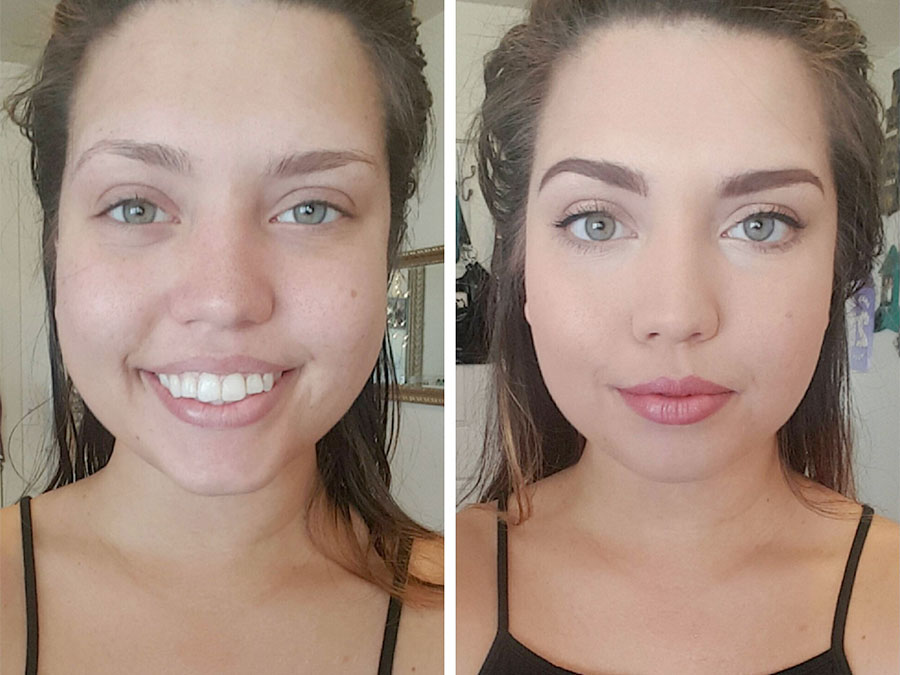
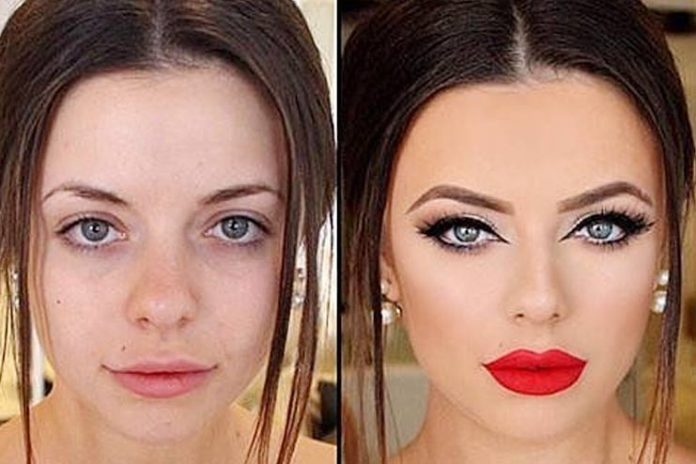
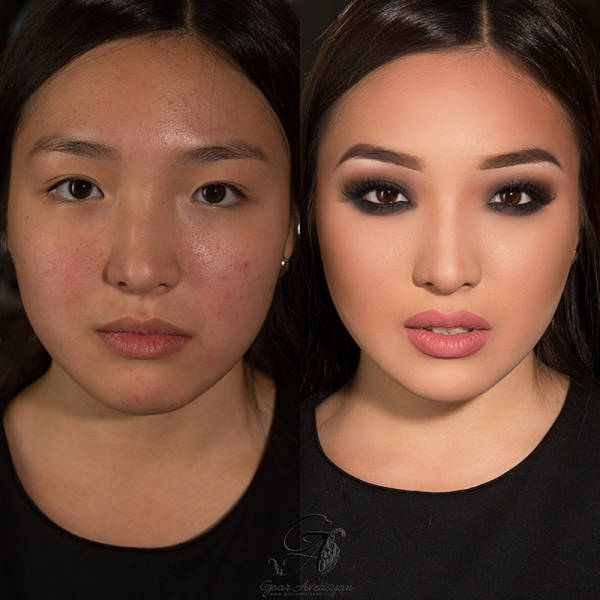

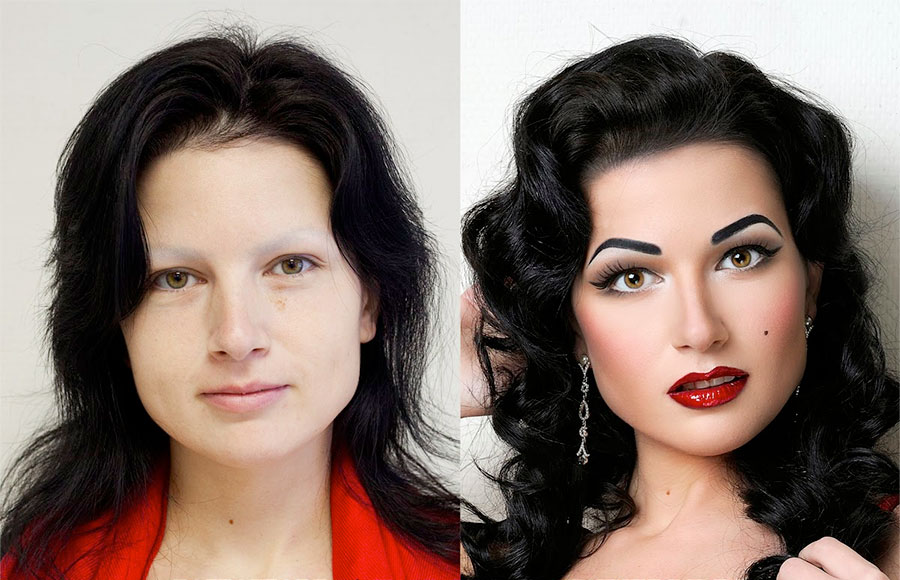
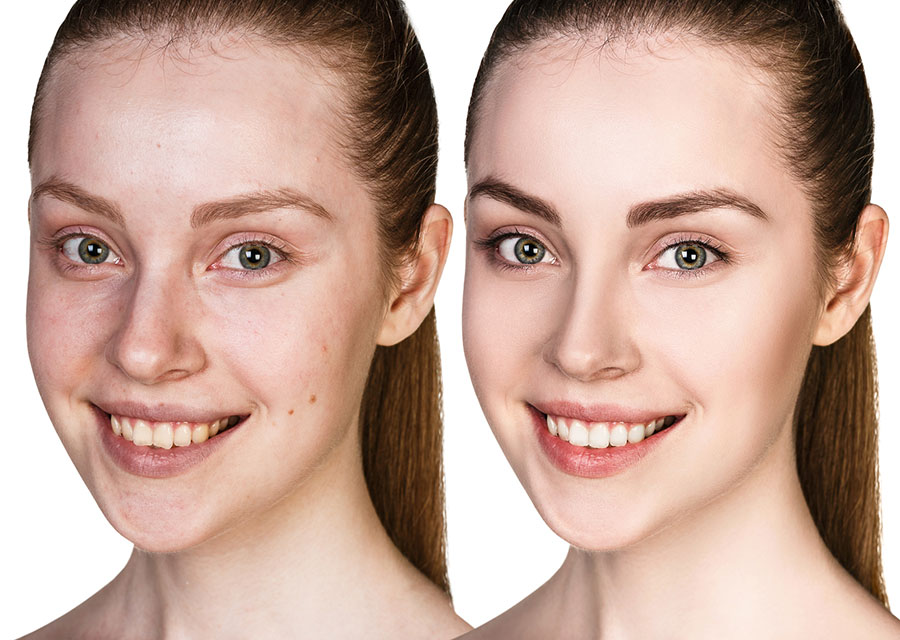

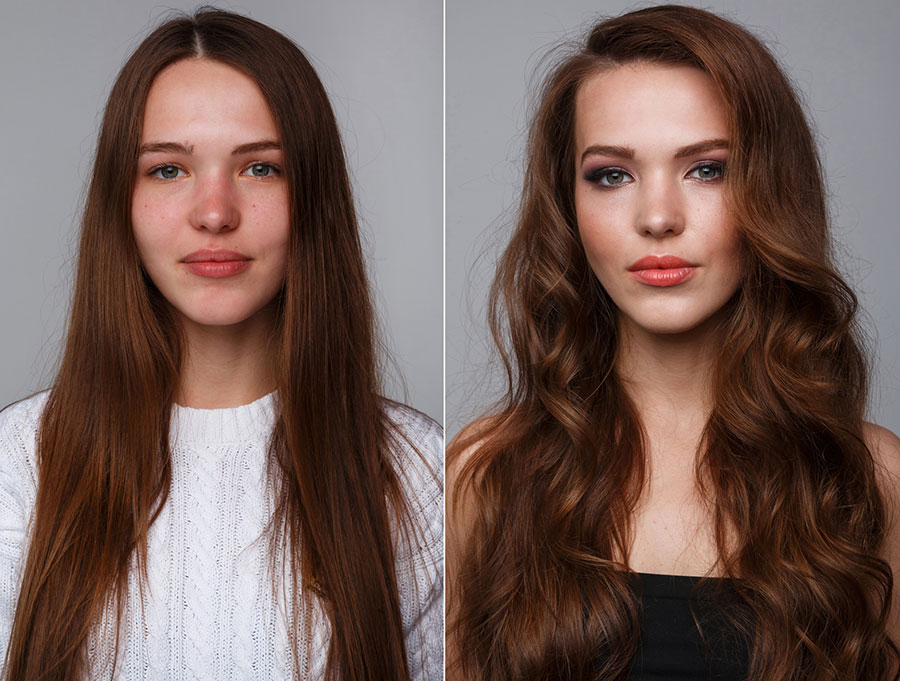
Closure
Thus, we hope this article has provided valuable insights into make-up vs make up. We hope you find this article informative and beneficial. See you in our next article!
